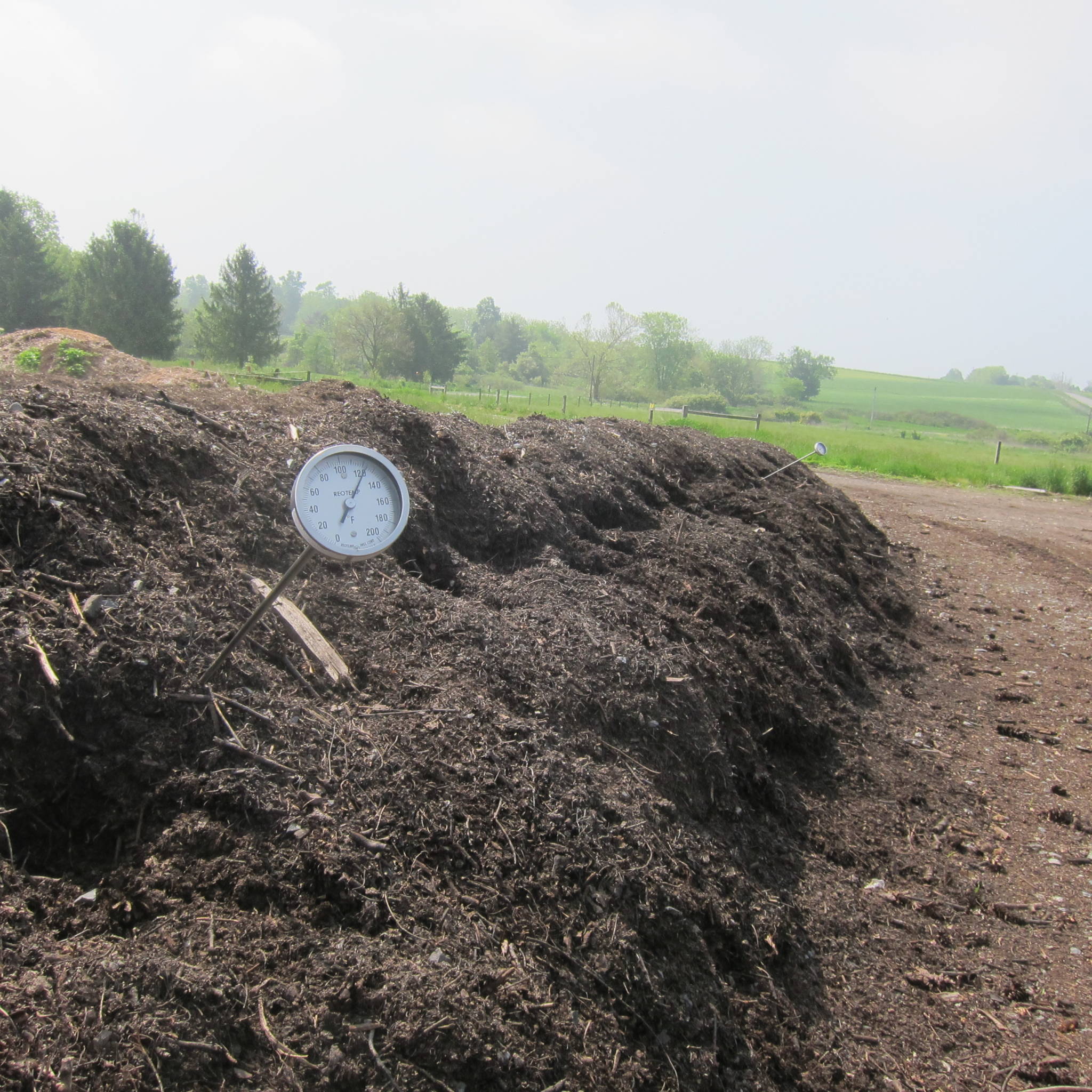Recyclable. Biodegradable. Compostable. The processes and terminology can be confusing when purchasing food service disposables. What do these mean? We'll explain.
Replacing foam and petroleum based plastics is a high-performing and affordable plant-based material made of polyactic acid (PLA). PLA is a plastic substrate made from fermented plant starch (usually corn) and it is fast becoming a popular alternative to traditional petroleum based plastics such as polyethylene.
But here's the best Eco claim. A new line of plant-based PLA food packaging disposables from Vegware™ is independently certified to fully compost or fully degrade within 12 weeks!
Do Plant-Based Materials Work As Well As Plastic?

Absolutely. In the early days there were limitations, but not anymore. Cafés, delis, restaurants, cafeterias and more can be confident that their plant-based disposables will function perfectly.
PLA replaces the plastic in coffee cup linings, straws or sandwich windows, and it’s the clear material in cold cups, food and deli containers. Vegware™ hot cups, hot cup lids and cutlery are made of a high-heat version of PLA. PLA-based catering disposable products are affordable, high-performing and stylish!
What’s the Point of Disposables Being Compostable?
Consider how many take out and fast food containers are used across our country everyday-the numbers are staggering. They're eventually are tossed into the garbage and into landfills where studies show it can take 100+ years to decompose.
Compostable disposables are designed to be recycled in an industrial composting facility together with food waste. That means there’s no need for sorting and the compostable container can all go together without removing the ketchup and leftover chips. An extra bonus is that once food and disposables share one bin, other dry recycling bins are cleaner and easier to recycle.
The Difference Between Biodegradable & Compostable
Same process, different *breakdown speeds*. Forget the term biodegradable, unless its certified, it tells us nothing about timescales - for example - wood is biodegradable, but a log cabin can stand for generations. Compostable means something can break down or fully degrade in under 12 weeks (90 days) and disintegrate into natural elements in a compost environment, leaving no toxicity in the soil. Make sure your disposables has compostability certification – that’s the real guarantee (see below).
A False Illusion - Recyclable
The word recyclable is a word everyone likes but in reality, food service disposable can't be recycled. Kept separate, dry card can be recycled so can plastic water bottles and metal soft drinks. But food catering disposables are a mix of card, plastic and food, so food contamination is inevitable. This contamination creates massive recycling challenges so the result is often incineration or landfill.
International Standards Defining Compostability

The most widely used compostability standards are the American ASTM D6400 and the European EN13432. The following bodies have independently certified that this product can break down in under 12 weeks: They are largely equivalent, and include the following elements:
1. Biodegradation - materials turn to soil through microbial action at the same rate as cellulose (paper).2. Disintegration - the materials fall into small pieces.
3. Eco-toxicity - seeds can germinate in the resulting compost - ie it is useful for plant growth.
4. Heavy metals - the compost is safe to go onto land.
What are Composting Conditions?
Compostable packaging needs to be in composting conditions in order to compost. For PLA to compost, one must break up the polymer by adding water to it (a process known as hydrolyzing) and for hydrolyzing to occur, heat and moisture are required. Industrial composting creates the perfect balance of microbes, moisture and warmth, so that compostable packaging can be included in food waste recycling. Home composting conditions vary with the skill of the householder, but there have been successful trials using hot compost bins.
A new dawn has arrived! Eco-friendly, single-use food packaging is fast becoming the new rave and it's important we divert as much waste as we can from landfills. Add your finger-print to conservation today. Convert to plant-based compostable products and make Planet Earth a better place for you and I.